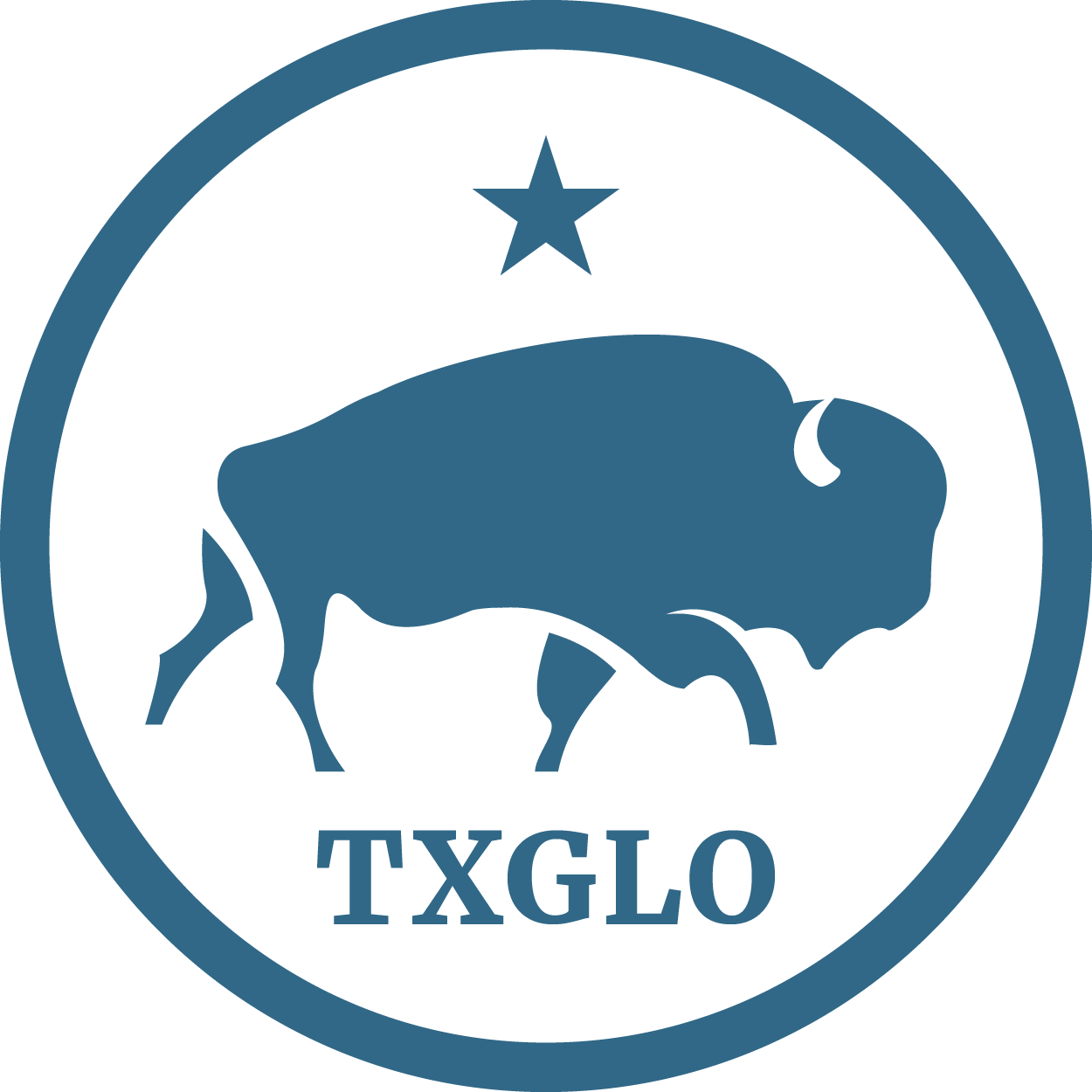Today Texas Land Commissioner George P. Bush announced the State Action Plan has been sent to the U.S. Department of Housing and Urban Development (HUD) for final approval. The plan details the distribution and eligible uses of $2.7 billion in Community Development Block Grants for Disaster Recovery (CDBG-DR) to assist Texas communities with long-term recovery following Hurricane Harvey. Future amendments to the action plan will outline the eligible uses of $2.3 billion by the City of Houston and Harris County.
"Today marks yet another milestone in the road to long-term recovery from Hurricane Harvey," said Commissioner Bush. "We continue to work with local communities to keep them informed of resources that will be available as this funding moves through the federal process. As the next hurricane season approaches, the GLO is working with federal, state and local partners to make sure we rebuild stronger and more effectively."
The most commonly received public comments on the action plan related to the HUD requirement that 70% of the funds be used to benefit low- to moderate-Income individuals, specifically in communities in which that requirement may be less feasible. Additional comments included other HUD-directed decisions such as state-administered housing programs rather than local and direct allocations to the City of Houston and Harris County. All comments received have been responded to as part of the action plan posted at http://www.glo.texas.gov/Recovery/Reports/Action-Plans/.
The action plan provides for the distribution of recovery funds based on guidelines outlined by HUD in its post in the Federal Register. Given standard CDBG requirements, each activity must be a CDBG-DR-eligible activity, meet a HUD national objective and address a Hurricane Harvey impact to a county listed in a Presidential Disaster Declaration. In accordance with its guidelines, HUD has 45 days from receipt to approve the plan. The GLO has worked diligently with local officials, other state leaders, the Texas Congressional Delegation and HUD officials to communicate throughout the process on the status of the plan to expediate the process when possible.
To distribute buyout, acquisition and infrastructure funds, the GLO has partnered with the Texas Association of Regional Councils and the nine impacted Councils of Governments (COG) to develop methods of distribution (MODs) for these programs. To date, the GLO has met with each COG to provide training on this development process, and each MOD is due 60 days from today, as outlined in the action plan.
Additionally, the GLO has already begun qualifying and procuring services to assist in the administration of this allocation. Once the action plan is approved by HUD, the GLO will be poised to begin administering an array of recovery programs across the 49 counties impacted by Hurricane Harvey.
###








